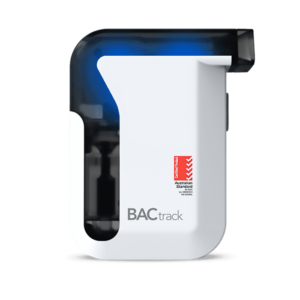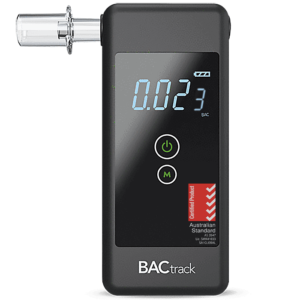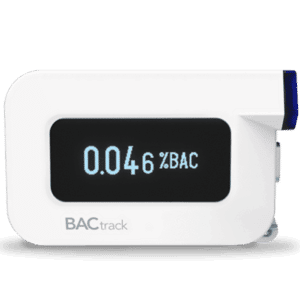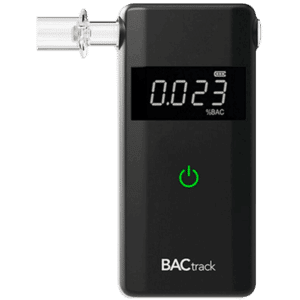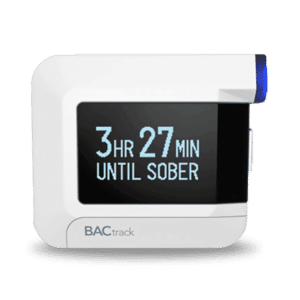Blood Test for Alcohol Abuse: Definition, What to Expect and Accuracy
19 October, 2023

A blood test for alcohol abuse is a medical procedure that helps determine if a person has been consuming alcohol excessively. During the procedure, a testing officer will draw a small amount of blood from a vein, usually in the arm. After collection, they will send the sample to the laboratory for analysis. Moreover, this test offers high accuracy and reliability. This is because it directly measures the concentration of alcohol in the bloodstream.
Alcohol use disorder (AUD) is a condition where a person struggles to control or stop their alcohol consumption. The symptoms include having a strong desire to drink, not being able to limit their intake, and neglecting their responsibilities. Medical professionals can identify a drinking problem and intervene early using the alcohol blood test. This article provides information on blood testing for alcohol abuse, including its functions, what to expect, and accuracy.
What is a Blood Test for Alcohol Abuse
A blood test for alcohol abuse is a laboratory procedure that detects excessive or chronic alcohol consumption in individuals. It measures the level of alcohol in the blood, known as Blood Alcohol Concentration (BAC). By examining blood samples, healthcare professionals can identify heavy drinking patterns. Additionally, they can assess alcohol-related liver disease.
The test measures various indicators of alcohol consumption, such as carbohydrate-deficient transferrin (CDT) and ethyl glucuronide (EtG) levels in the blood. Moreover, it can assess liver function by examining markers like alkaline phosphatase and fatty liver enzymes. Elevated blood alcohol levels, along with abnormal liver function tests, can indicate chronic alcohol abuse.
Blood testing for alcohol abuse helps diagnose AUD and identifies people at risk for related medical conditions. They can also be used to monitor the effectiveness of alcohol treatment programs or to determine if a person has relapsed. However, it is essential to consider that blood tests can have limitations and may produce false positives in certain situations.
Types of Testing the Blood for Alcoholism
- Liver function test: this test measures enzyme levels in the blood to assess liver damage caused by chronic alcohol abuse.
- Complete Blood Count (CBC): it evaluates the number of red and white blood cells, as well as platelets. Abnormalities can indicate alcohol-related problems.
- Carbohydrate-Deficient Transferrin (CDT): CDT is a direct biomarker of chronic alcohol abuse. Elevated levels suggest excessive drinking.
- Phosphatidylethanol (PEth): it is a phospholipid formed in red blood cells. It is a reliable marker of recent heavy alcohol consumption.
- Ethyl Glucuronide/Ethyl Sulfate (EtG/EtS): these are metabolites of alcohol that can be detected in the blood for up to 80 hours after consumption.
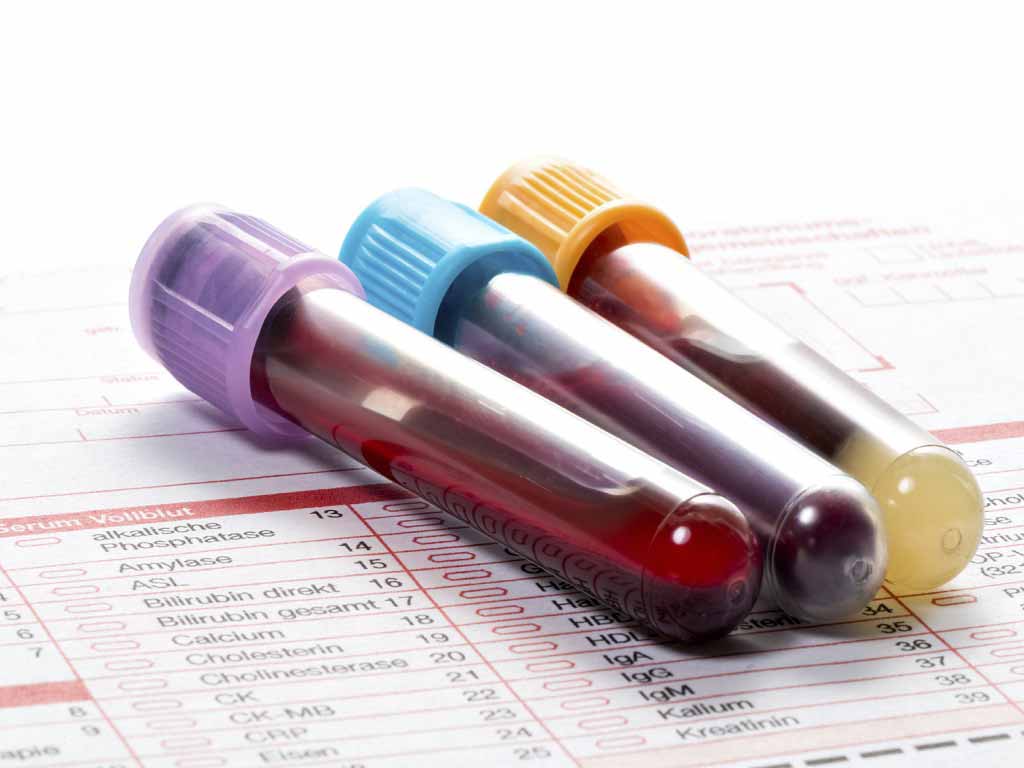
What to Expect in a Blood Test for Alcohol Abuse
A blood test for alcohol abuse involves a straightforward process that typically takes a short amount of time. For instance, a healthcare professional will collect a blood sample from the individual. They will insert a small needle into a vein in the arm. The blood sample is then gathered into a tube and securely stored for testing.
The procedure itself is relatively quick and may only take a few minutes to complete. After the sample collection, the officer will send it to a laboratory for analysis. The lab technician will then test the blood specimen for various biomarkers and substances that can indicate alcohol abuse.
The duration of the procedure can vary depending on the specific testing methods and the laboratory’s workload. Typically, the results of the blood test are available within a few days. A healthcare professional will interpret the results and discuss them with the individual. They will provide information on their alcohol consumption, any potential health consequences, and any necessary next steps for treatment or intervention.
Preparations Before Taking a Test
Before taking a blood alcohol test, people need to make some necessary preparations. Firstly, they should inform their healthcare provider about any medications they are taking or any previous medical conditions. This is important as certain medications and medical conditions can potentially affect the results of the test.
Secondly, individuals should avoid consuming any alcohol for a certain period of time prior to the test. It is generally recommended to refrain from drinking alcohol for at least 24 to 48 hours before the test. Hence, this ensures that the blood sample collected truly reflects the individual’s alcohol level.

Accuracy and Reliability of a Blood Test for Alcohol Abuse
A blood test for alcohol abuse is one of the most accurate and reliable tests to detect binge drinking or AUD. Compared to other tests, such as urine, saliva, and hair alcohol testing, blood samples provide a more precise measurement of the BAC. This is because the alcohol directly enters the bloodstream after consumption, and its levels can be accurately quantified through a blood test.
Moreover, blood tests can reveal other important information about the effects of alcohol on the body. For instance, they can assess liver damage by measuring liver function enzymes, such as alkaline phosphatase. Additionally, laboratory tests can identify indirect biomarkers like CDT, which can indicate chronic alcohol consumption.
Furthermore, the accuracy and reliability of blood tests are enhanced by their ability to detect even recent excessive alcohol consumption. Also, while some other tests may have a shorter detection window, blood tests can detect alcohol for a longer period of time. This is particularly vital when monitoring individuals with alcohol-related problems or evaluating their drinking habits. Overall, blood tests provide a comprehensive and accurate assessment of alcohol consumption and its potential consequences on health.
Factors that Affect the Result
There are some factors that can influence the outcome of a blood test. Firstly, the time elapsed since the last drink can greatly impact the results. People metabolise alcohol over time, and the BAC decreases as the body eliminates it. Therefore, testing too early after drinking will typically yield higher alcohol levels.
Secondly, the individual’s drinking habits. Heavy drinkers who consume on a regular basis are more likely to have elevated BAC. Chronic alcohol consumption can also lead to liver damage, affecting the liver’s ability to process alcohol efficiently. As a result, individuals with liver disease may have elevated levels of alcohol in their blood.
Conclusion
A blood test for alcohol abuse is a crucial diagnostic tool that measures specific biological markers to identify alcohol addiction. The process involves a quick blood sample collection, usually from the arm, which is then sent to a lab for analysis. Results are typically available within a few days. Healthcare professionals interpret the results, providing essential information about alcohol consumption, potential health risks, and necessary steps for treatment. This test plays a vital role in diagnosing AUD and guiding interventions.
Moreover, alcohol blood tests are highly accurate and reliable for detecting alcohol abuse. They offer precise measurements of BAC and assess related health issues like liver damage. Additionally, they outperform other tests due to alcohol directly entering the bloodstream. However, some factors can influence outcomes. These include the time since the last drink and an individual’s drinking habits. Despite these variables, blood tests provide vital information for effective intervention and care.


















